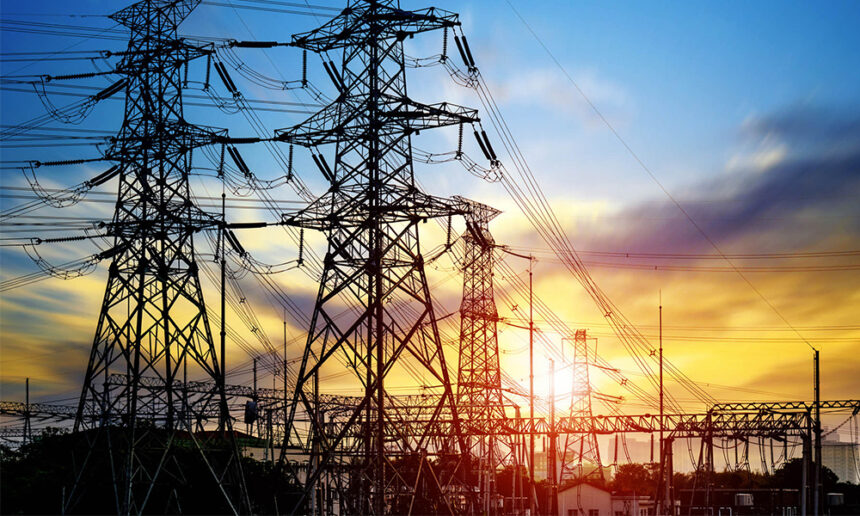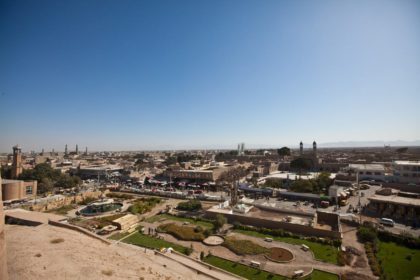RASC News Agency: Reports from Farah province in western Afghanistan indicate that the Taliban have raised the price per kilowatt of electricity from 20 kabuli rupees to 35 kabuli rupees for some homes in the province. Farah province, located in western Afghanistan, is considered one of the most impoverished regions in the country, and its residents struggle with a severe lack of access to imported electricity from Iran.
A news source in Farah, speaking on condition of anonymity, confirmed the report to RASC on Wednesday, May 8, stating that with the onset of summer, the Taliban have made no effort to provide solar or imported electricity to the residents of the province. The source noted that a significant portion of homes in Farah province remains without electricity, forcing residents to endure harsh conditions day and night. The source explained that the Taliban only supply electricity to homes associated with their own members.
The individual pointed out that the absence of electricity in Farah, coupled with the Taliban’s incompetence, poses substantial challenges and problems for residents in this region of western Afghanistan. Another source, who chose to remain unnamed, told RASC that Farah province has been neglected by all past Afghanistan governments, whether they assumed power by force or otherwise. The source noted that if Farah had been a priority for Afghanistani rulers, the electricity problems would have been resolved, and other projects in the province would have been completed.
According to the source, many families in Farah have lost their young children due to the lack of electricity. The source added that Farah province experiences higher temperatures compared to other western Afghanistan provinces, which has led to residents’ discontent. Similarly, Mohammad Asif, a resident of Farah province, told RASC that last year, one of his neighbors lost his two-month-old child due to the intense heat.
He noted that the lack of electricity endangers the lives of many children in Farah, and the only solution is to provide access to electricity. Asif added that since the Taliban took control of the country, they have neglected the provision of electricity to Farah province.VHe emphasized that if the Taliban officials had considered the well-being of Farah’s residents, the current situation in the province would be different.
Nonetheless, Osman, another resident of Farah province, told RASC that despite the electricity shortage, most people in the province cannot afford to purchase solar panels.He stated that perhaps only 10 to 15 percent of Farah’s residents can buy solar panels, leaving the majority without access to alternative energy sources.
Osman added that if the Taliban leadership had provided any support to help residents afford solar panels, a solution could have been found. On the other hand, several experts in western Afghanistan confirm that the Taliban leadership enjoys the comfort of air-conditioned environments, neglecting the dire conditions faced by those living in severe hardship.
Naveed Shahabi, an expert in western Afghanistan, told RASC that residents of Farah endure oppressive heat, which is unacceptable for the region’s inhabitants. He added that the Taliban must work to improve public services and enhance residents’ living conditions to ease their burdens.






